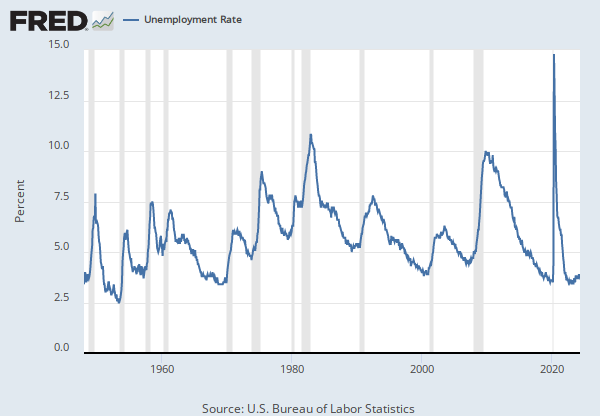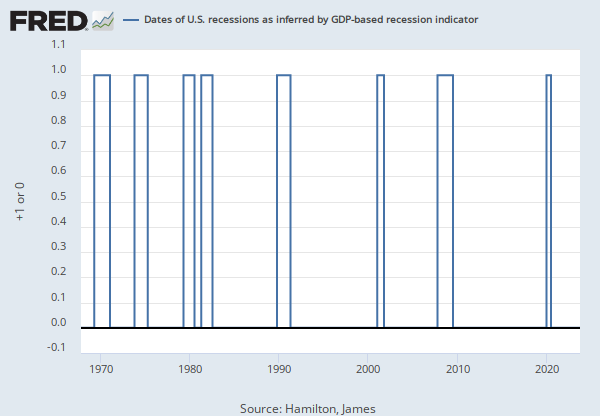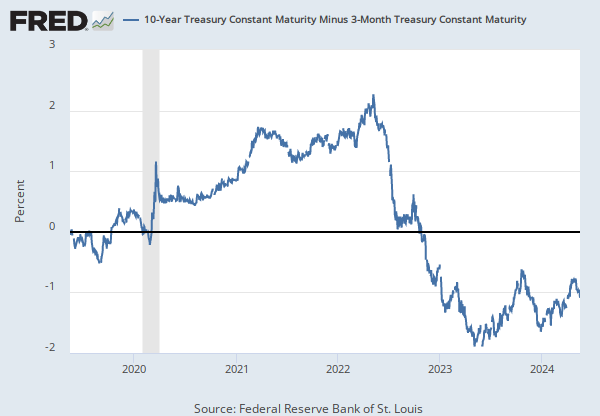Observations
Mar 2025: 0.27 | Percentage Points, Seasonally Adjusted | Monthly
Updated: Apr 4, 2025 7:58 AM CDT
Observations
Mar 2025:
0.27
Updated:
Apr 4, 2025
7:58 AM CDT
| Mar 2025: | 0.27 | |
| Feb 2025: | 0.27 | |
| Jan 2025: | 0.37 | |
| Dec 2024: | 0.40 | |
| Nov 2024: | 0.43 |
Units:
Percentage Points,
Seasonally Adjusted
Frequency:
Monthly
Fullscreen








